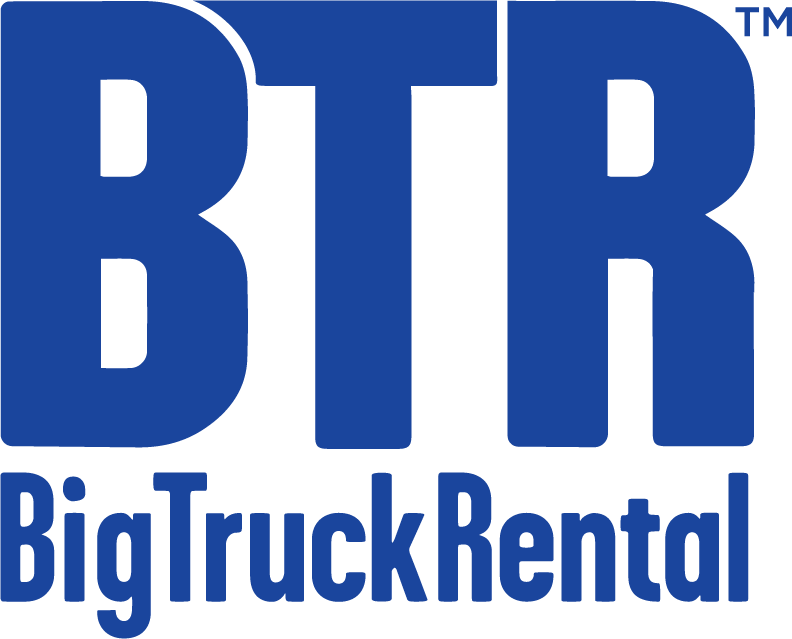The average restaurant in the U.S. creates roughly 50 tons of food waste each year. Furthermore, in non-fast food restaurants, food waste accounts for 11.3% of an establishment’s total food output. This is a lot of food that ends up in the landfill, enough to feed an entire population in developing countries. Fortunately, many restauranteurs are aware of the impact and have made drastic internal changes to reduce waste and devise new strategies that minimize carbon footprint.
Food Donation
More restaurants are donating excess food in their inventory to charities. McDonald’s, for example, has donated 825,900-pounds of edible goods during most of 2019. Many other dining establishments, including locally owned eateries, have followed suit by giving patrons the option to take their unfinished meals to go or to donate it.
While food donation is on the rise, some restaurant owners have hesitated to do so, citing liability concerns. It should be noted, however, that The Good Samaritan Law protects business owners in such instances.
Composting
Some restaurants have turned to composting. Food donation, after all, is not always feasible; at the end of a business day, the leftover food may not be enough to warrant delivery to a food shelter. It’s not a fuel-efficient practice and may come at a significant financial cost. This is why some establishments have pledged to start their own composting programs. Chipotle is one franchise that has jumped on board with plans to increase its composting efforts by 20% by 2020.
Conduct a Food Waste Audit
More restaurants are conducting a regular audit to keep track of how much food goes to waste. One simple way they keep track is by giving their chefs sheets of paper to manually log in whenever food is thrown out for whatever reason. This may be due to expiration, customers placing the wrong order, etc.
Other businesses are also keeping track of consumer trends. They may keep track of how many consumers come by during the days of the week, months, or holidays. Other factors include trends related to weather. By sorting data according to these metrics, they can plan accordingly. If business tends to slow on weekdays following a major holiday, for example, then they can order fewer perishable items planned for use that week.
We Provide Waste and Sanitation Trucks
Sustainability and efficient waste removal are important not only at the individual and commercial level but also at the municipal level. At Big Truck Rental, we provide a number of garbage and sanitation trucks for efficiently removing residential and commercial waste. Contact us today to learn more.

